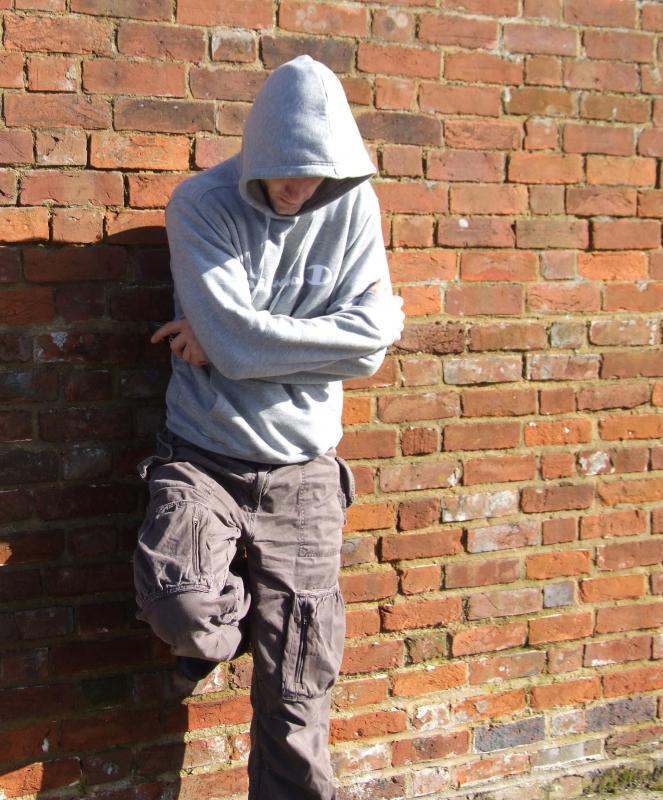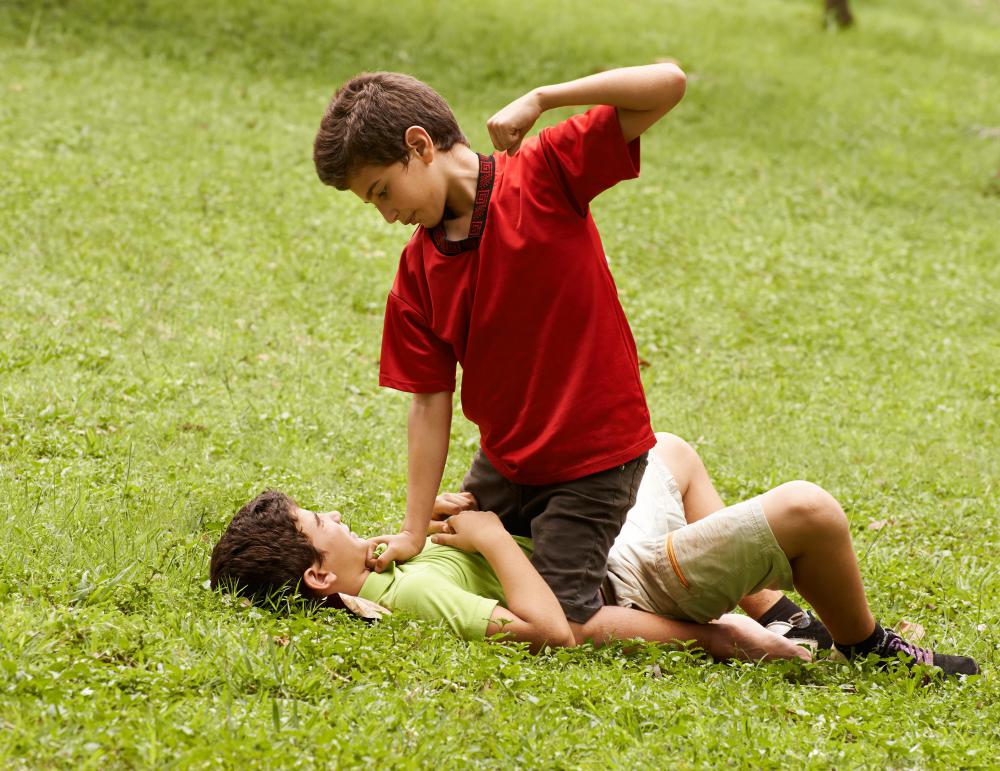At WiseGEEK, we're committed to delivering accurate, trustworthy information. Our expert-authored content is rigorously fact-checked and sourced from credible authorities. Discover how we uphold the highest standards in providing you with reliable knowledge.
What is Oppositional Defiant Disorder?
Oppositional defiant disorder is recognized by the American Psychological Association as a mental health disorder affecting children between the ages of six and nine years old. It is marked by argumentative, disobedient and hostile behavior toward authority figures as well as by a general negative attitude. The severity of the defiance can range from mild to uncontrollable.
The behavior associated with this disorder is very normal and common in four- and five-year-old children. This age group typically exhibits intentionally annoying behavior, temper tantrums, arguing and ignoring requests made by adults. Although this behavior is difficult, it usually passes by age six, which is why oppositional defiant disorder is not clinically diagnosed at an earlier age. However, older children who are diagnosed with the condition almost always exhibited difficult behavior in infancy and early childhood. Before age six, these children are typically irritable, have a difficult temperament in infancy and are argumentative in preschool.

True oppositional defiant disorder, that which is clinically diagnosed, affects approximately 1-4% of children, most often boys. It is closely linked with another behavioral problem known as conduct disorder. Conduct disorder is characterized by aggressive and hostile behavior in children over nine years of age through adolescence, including violence, vandalism and theft.

Not every child with oppositional disorder develops conduct disorder, but interestingly, research shows that all children diagnosed as having conduct disorder also had oppositional defiant disorder when they were younger. Mental health professionals believe that approximately 25% of children who have this condition will also develop conduct disorder. Some, but definitively not all, people who have had one or both disorder are at greater risk for antisocial or psychopathic personalities as adults.

It is not known for sure why some children develop oppositional defiant disorder. Mental health professionals believe that a low socioeconomic status, antisocial parents or the loss of an important caregiver may be causal factors in this type of personality disorder. However, it is often found in extremely intelligent or gifted children who are labeled oppositional because they tend to think outside of societal norms and consequently to question authority. Gifted children usually grow out of this behavior as they mature.
AS FEATURED ON:
AS FEATURED ON:
















Discussion Comments
Suntan12 - I have heard of that program and I just have to say that dealing with a child that has oppositional defiant disorder behavior must be really frustrating.
I know that the key is to remain calm when talking to children and not engaging in arguments because then you lose control of the situation.
You can even do this with children that do not have the disorder and you will get better results. When I outline the consequences ahead of time for not following one of my instructions then I only have to punish my children once and they never give me a hard time again.
The trick is to maintain a level of consistency so children know that you mean business.
Anon76243 - I am sure that he will. He is probably really smart which is why he questions you.
I recently came across a program called, “The total transformation” by behavior therapist James Lehman. It seems like a great program to treat oppositional defiant disorder symptoms.
He has been a behavioral therapist for thirty years and this is his specialty. He gives parents ways to end arguments and provide structure for children because he feels that these children need more structure and they also need to learn how to solve problems which is the source of their frustration.
He also discusses how to hold these children accountable and offering consequences that will have significance. A lot of people rave about the program.
I really enjoyed reading this. My son is very intelligent. But i fear he has oppositional definite disorder. He is always doing the opposite of what i say and punishment does not seem to have an effect. I am not sure what to do. I really hope he grows out of it.
Post your comments